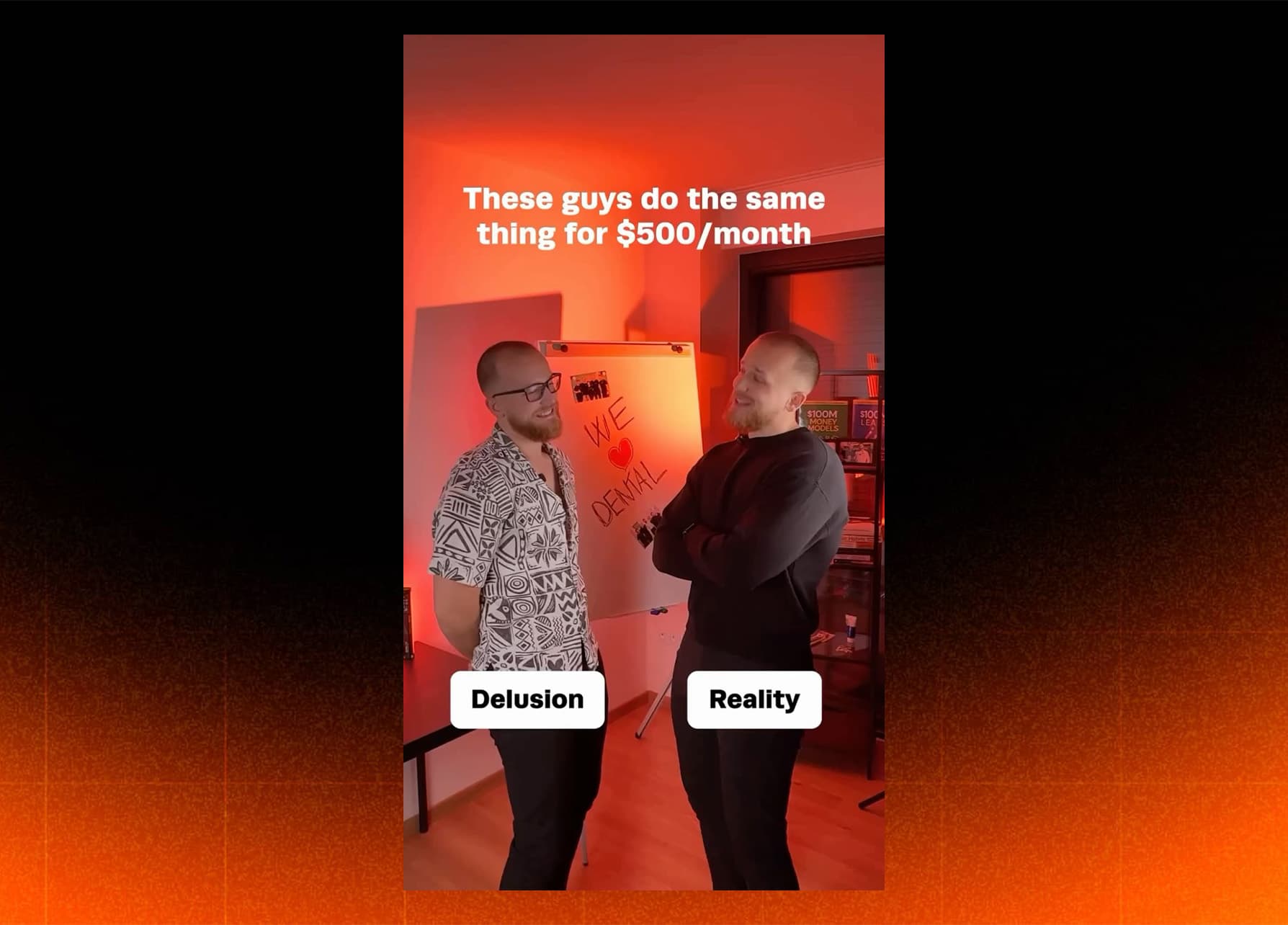How to tell if your dental marketing agency knows SEO

We’ve spent over $30,000 in the past two years on SEO consultations, courses, and testing things ourselves. That number isn’t for show. It’s because good SEO for dental practices is technical, competitive, and constantly changing.
This blog is just a small preview of what we’ve learned.
Most agencies talk about SEO. Few actually do it well.
If you’re working with a dental marketing agency and they’re feeding you vague updates or flashy buzzwords, it might be time for a closer look.
Here’s how to spot the difference between someone who knows SEO and someone who’s winging it.
“We optimized your service pages” – cool story.
❌ Translation: They dropped a few keywords into a short page that says nothing new, and now they think their job is done.
✅ What you want:
“We optimized your Invisalign in Sunnyvale page. It went from position 29 to position 5 in six months. Here’s the report from Google Search Console.”
If they’re not showing you what changed or how it performs now, it probably didn’t do anything.
“We write blogs” – but for who, exactly?
❌ Translation: They’re publishing generic content about teeth whitening tips for the 400th time because it “sounded good.”
✅ What you want:
“We wrote these five blogs. They brought in 1,300 organic visits last quarter, mostly from people searching for ‘pediatric dentist near me’ and ‘how to ease dental anxiety in kids.’”
Dental blogs should be tied to what people are actually searching for, not just what sounds nice.
“We build backlinks” – congrats, so does everyone.
❌ Translation: They paid for a bunch of low-quality links from irrelevant sites. In some cases, this does more harm than good.
✅ What you want:
“We built these 10 backlinks from legit dental directories and local news sites. Domain authority is over 50 on most of them, and here’s how much referral traffic they brought in.” (They should be using SEMrush, Ahrefs, or a similar tool.)
Real SEO is measurable. Vibes aren’t.
SEO is not a trust fall. Your agency should be showing you exactly what’s being done, what’s working, and what’s next.
If all you’re getting is surface-level updates and vague wins, they’re either hiding something or not doing much at all.
You deserve real results – and receipts.


